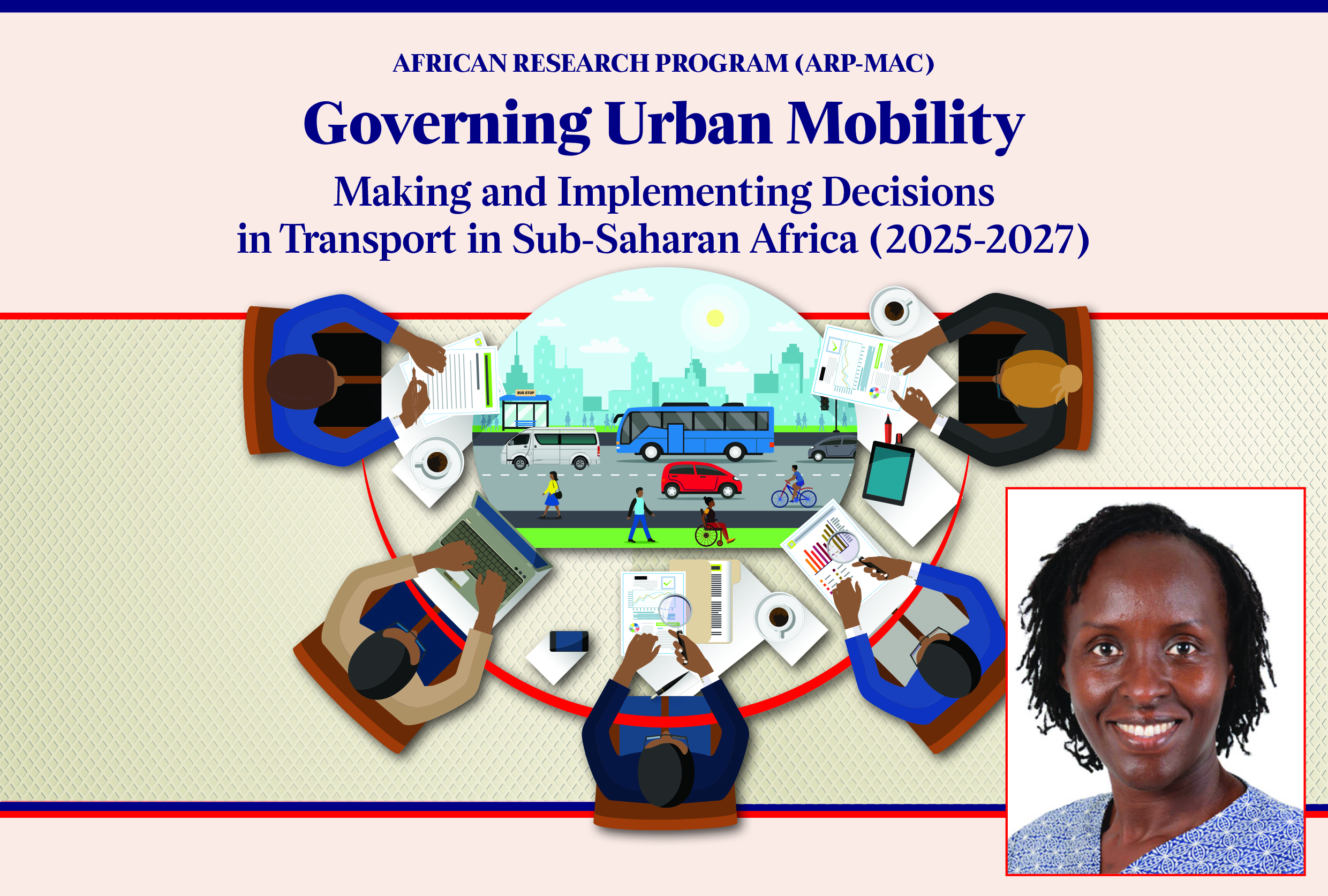Experts and scholars in transport sector from sub-Saharan Africa are calling for better transport governance in the region through effective decision-making, informed policies, and stakeholder collaborations.
Multidisciplinary consortium comprising of researchers from Kenya, Ghana, Nigeria, Uganda, the UK, Switzerland, as well as government agencies, transport authorities, and NGOs, say that there is need for integrated transport systems, enhanced public transport services, and infrastructure investments that prioritize sustainability and accessibility in the sector.
Speaking at MMU a head of workshop launch on the Making and Implementing Decisions in Transport in Sub-Saharan Africa (MID-UTA), which is a three-year research program led by MMU and fully funded by Volvo Research and Education Foundation (VREF), the Consortium Lead Dr. Gladys Nyachieo, says that currently, urban mobility governance in Africa faces significant challenges that include weak institutional frameworks, fragmented policy implementation, and inadequate infrastructure investments.
“Worldwide, cities are transitioning toward formalized public transport systems, but many African cities still rely on paratransit which are privately owned, informal transport modes such as matatus and boda bodas, which are the main means of urban mobility. To improve provision of services, transport governance in the region requires effective decision-making, informed policies, and stakeholder collaboration,” says Dr. Nyachieo.
She says that by engaging in collaborative research projects like MID-UTA, transport governance gaps can be identified and addressed, while at the same time learning from other sub-Saharan Africa countries to ensure that best practices guide urban mobility strategies.
“We also believe that capacity building through research and academia-led training can enhance expertise and foster partnerships between government, private sector, and civil society. This can lead to making of informed decisions and policies,” says Dr. Nyachieo.
While the key mandate of the multidisciplinary consortium will be to examine how transport-related decisions are made and implemented, with a specific focus on paratransit, public transport, and walking, Dr. Nyachieo believes that effective urban mobility governance is crucial for economic growth and business development in the region and that sustainable mobility solutions attract international investors and contribute to the overall competitiveness of African cities.
“Well-governed urban mobility fosters investment, boosts productivity, and supports small and medium enterprises by facilitating movement of goods and people, says Dr. Nyachieo.
With informal transport dominating urban mobility in many African cities, without clear governance structures, Dr. Nyachieo calls for linking governance reforms to structured decision-making and implementation, for efficient and sustainable transport system.
By Nicanor Ndiege

